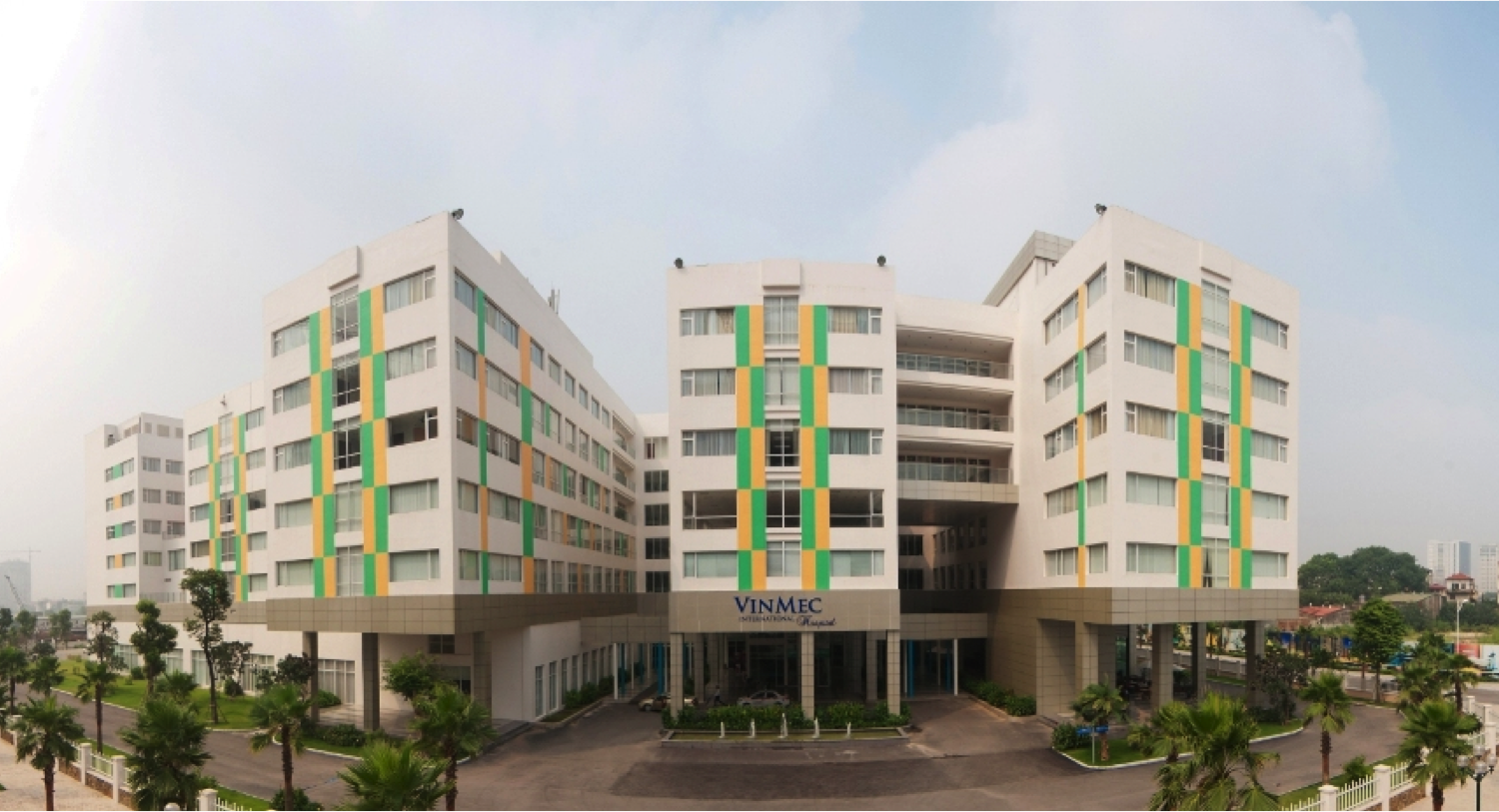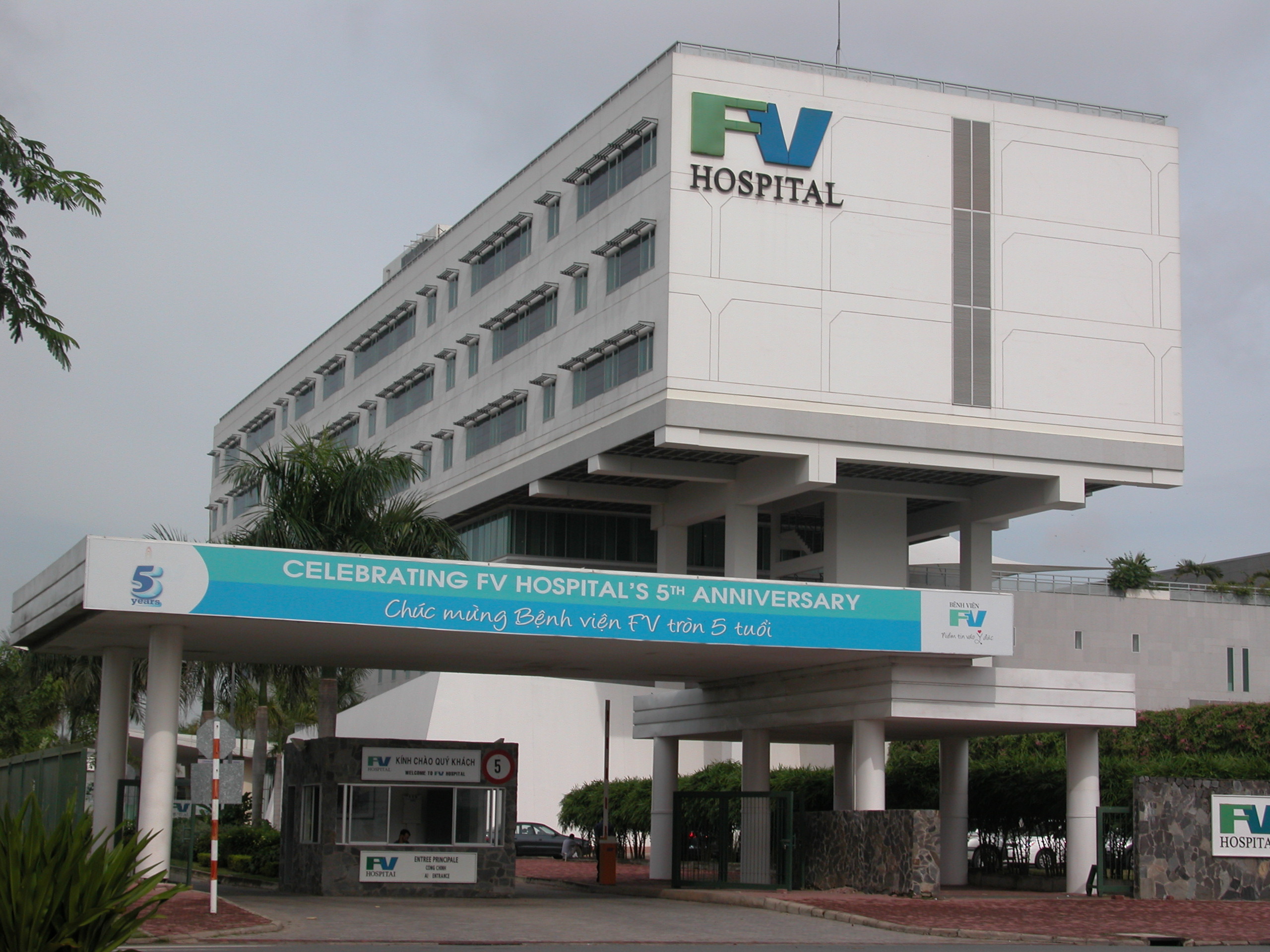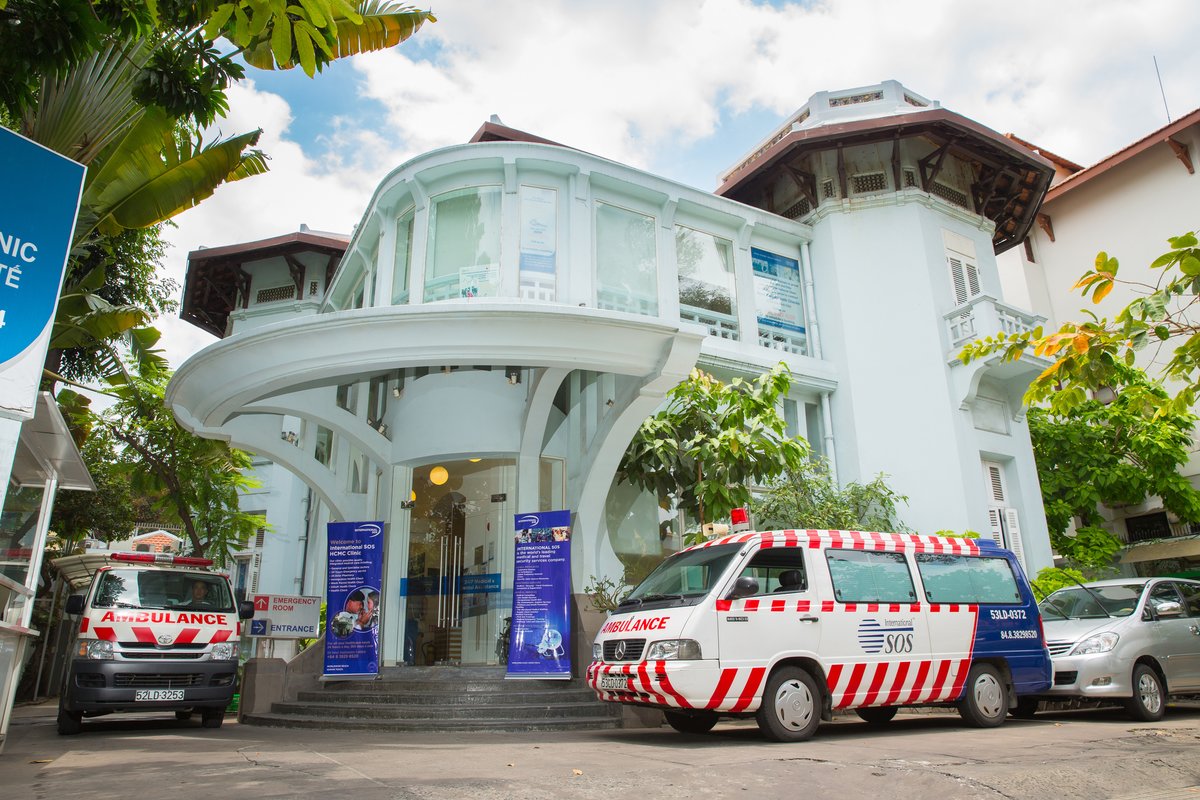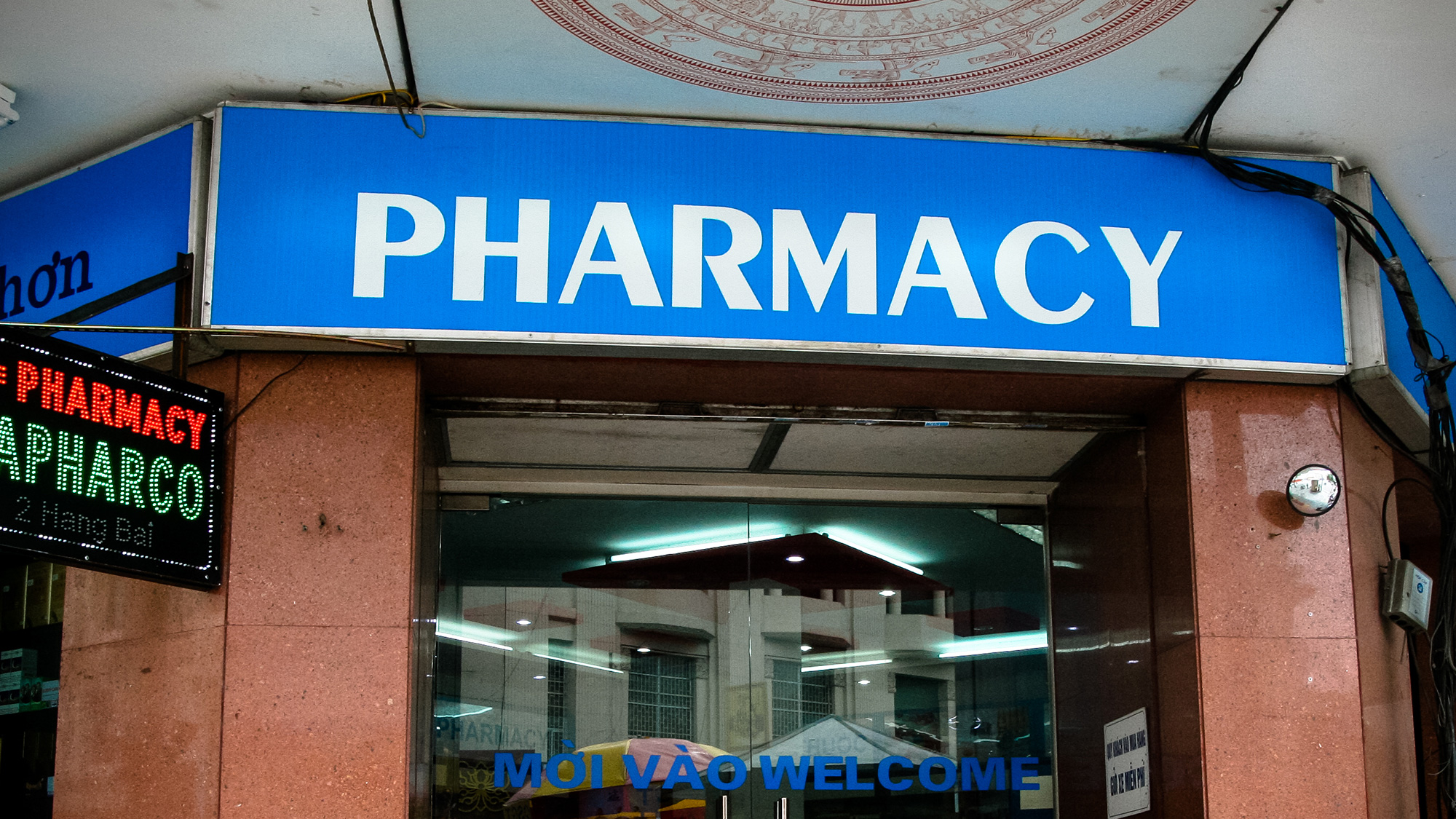Taking care of yourself while traveling is a top priority. There are many hidden threats to your health, be it big or small. And when you are in a different place, sometimes the health care systems are so different it’s uncomfortable. But I am here to tell you everything there is to know about healthcare in Vietnam so you’ll feel safe, healthy, and ready to adventure when you land.
Contents
Insurance
In contrast to many countries where proof of travel insurance is imperative for visa obtainment, the Vietnam visa does not require it. However, even if you are fit and healthy, it is never a good idea to travel without health insurance. Accidents do happen and the environment in Vietnam could be very different from what you are accustomed to, hence your body may not be able to adapt quickly.
Another reason insurance is a must for travelers is that the Vietnamese get what they pay for, there is no universal healthcare. Public hospitals are cheaper but the quality is substandard while private facilities are excellent but tend to be very expensive. Given the prices of treatments and consultations in these hospitals, it’s a good idea to have health insurance.
Some insurance plans might not cover ‘dangerous activities’ such as riding motorbikes, diving, hiking, and trekking, so be sure to check yours before you leave. Motorbikes account for most of the traffic in Vietnam, and the country’s vast and various natural landscapes do offer irresistible activities. While you may not intend to experience any of them, you might change your mind once you arrive in Vietnam. A health plan that covers these activities would be handy.
Individual or comprehensive, your travel insurance plan could cover everything from medical treatment, trip cancellation, theft or loss of property, to covering just one thing that you feel most insecure about.
Hospitals

Public hospitals in Vietnam are known to have quality service yet not up-to-date equipment on par with international standards, as they are generally underfunded and poorly equipped. They are also faced with overcrowding and English is also not commonly spoken, which means a lot of waiting, inattentive doctors and nurses, and a great deal miscommunication. They also do not accept all international health insurance.

On the other hand, private hospitals offer excellent standards, especially in Hanoi and Ho Chi Minh City. They are staffed with American, Korean, Japanese, French, Filipino, as well as Vietnamese doctors who have been trained overseas. These hospitals are better equipped and less likely to suffer overcrowding, thus they are able to cater to the needs of foreign travelers better than public hospitals which have a lower quality due to less funding.
However, private international hospitals have the disadvantage of being located merely in the big cities of Hanoi, Da Nang, and Ho Chi Minh City, which means if you venture to other areas of the country and unfortunately are in need of serious medical treatment, long distance becomes a burden.
The quality and availability of health services vary dramatically between urban or rural areas, with Hanoi, Da Nang, Ho Chi Minh City having the best medical facilities. Healthcare in rural areas can be from poor to non-existent.
Below is a list of notable hospitals and medical centers at major stops that you should note down.
|
Hanoi |
|
| Family Medical Practice 298 I Kim Ma, Van Phuc Compound, Ba Dinh District, Ha Noi Tel: +84 4 3843 0748 Vietnamese, English and Filippino speaking doctors. Viet Nam Medical Practice |
Bach Mai Hospital 78 Giai Phong, Dong Da District, Ha Noi Tel: +84 4 3869 3731 or +84 4 3869 1607 |
| Obstetrics Hospital De La Thanh Street, Cau Giay, Ha Noi Tel: +84 4 3834 3181 |
Saint Paul Hospital 12 Chu Van An, Ba Dinh, Ha Noi Tel: +84 4 3823 3071 |
| France Hospital 1 Phuong Mai, Dong Da District, Ha Noi Tel: +84 4 3577 1100 |
Viet Duc University Hospital 40 Trang Thi, Hoan Kiem, Ha Noi Tel: +84 4 3825 3531 |
|
Ha Long Bay |
|
| Quang Ninh Provincial Hospital Tue Tinh Street, Bach Dang Ward, Ha Long City Tel: +84 33 3825 486 Emergency: +84 33 3825 505 |
Bai Chay Hospital Gieng Day Ward Emergency: +84 33 3846 566 |
|
Sapa |
|
| Thanh Phu-Sapa polyclinic (Phong Kham Đa Khoa Thanh Phu-SaPa) Sa Pa, Lao Cai, Vietnam Tel: +84 91 241 20 22 |
Sapa General Hospital (Phong Kham Da Khoa Khu Vuc Thi Tran Sapa) Lao Cai, Vietnam Tel: +84 20 3871 635 |
|
Da Nang |
|
| Family Medical Practice Da Nang 96-98 Nguyen Van Linh, Hai Chau District, Da Nang Tel: +84 236 3582 699 24/7 emergency: +84 913 917 303 Vietnamese, English and Filipino speaking doctors. Vietnam Medical Practice |
Son Tra Medical Center No. 1 branch: 770 Ngo Quyen, An Hai Dong Ward, Son Tra District, Da Nang Tel: +84 511 3831 215No. 2 branch: 1063 Ngo Quyen, An Hai Dong Ward, Son Tra District, Danang Tel: +84 511 3844 596 |
|
Hoi An |
|
| Thai Binh Duong – Pacific Hospital 6 Phan Dinh Phung, Hoi An Tel: +84 510 3921 656 Pacific Hospital |
Hoi An Medical Services 503 Hai Ba Trung, Hoi An Tel: +84 91 345 72 19 Open until 7:30pm Hoi An Medical Services |
|
Hue |
|
| Hue Central Hospital 16 Le Loi Street, Hue City Tel: +84 54 3822 325 |
|
|
Mui Ne – Phan Thiet |
|
| Dr. Dong Polyclinic 29 Nguyen Đinh Chieu, Ham Tien, Binh Thuan, Viet Nam |
An Phuoc Hospital 235 Tran Phu, Phu Trinh Ho, Phan Thiet (27 kilometers away from Mui Ne) Tel: +84 62 3831 056 |
|
Nha Trang |
|
| VK Hospital 34/4 Nguyen Thien Thuat, Nha Trang Tel: +84 58 3528 866 VK Hospital VK Hospital is closest to the city center, providing 24-hour Ambulance service. |
Nha Trang Medical Center 13 Le Loi, Nha Trang Tel: +84 58 3822 167 |
|
Da Lat |
|
| Lamdong General Hospital 4 Pham Ngoc Thach, Da Lat Tel: +84 63 382 1369 |
Hoan My General Hospital Mimosa Street, Ward 10, Da Lat Tel: +84 63 3510 878 |
|
Ho Chi Minh City |
|
| Ho Chi Minh City Family Medical Practice
Diamond Plaza Clinic District 2 Clinic Both clinics have Vietnamese, English, Japanese, Chinese and Filipino speaking doctors. |
FV Hospital (Franco-Vietnamese Hospital) 6 Nguyen Luong Bang, Saigon South (Phu My Hung), Dist. 7, Ho Chi Minh City Tel: +84 8 5411 3333 24/7 emergency: +84 8 5411 3500 Vietnamese, English and French speaking doctors are available. FV Hospital |
| International SOS 65 Nguyen Du, District 1, Ho Chi Minh City Tel: +84 8 3823 6520 24/7 emergency: +84 8 3829 8520 International SOS |
Emergency Centre 125 Le Loi, District 1, Ho Chi Minh City Tel: +84 8 3821 6589 or +84 8 3829 1711 Vietnamese, English and French speaking doctors. |
| International Medical Centre 1 Han Thuyen, District 1, Ho Chi Minh City Tel: +84 8 3827 2366 or +84 8 3827 2367 Vietnamese, English and French speaking doctors. CMI Vietnam |
Cho Ray General Hospital 201B Nguyen Chi Thanh, District 5, Ho Chi Minh City Tel: +84 8 3855 4137 or +84 8 3855 4138 or +84 8 3856 3534 |
|
Vung Tau |
|
| International SOS 1 Le Ngoc Han, Vung Tau Appointment and 24/7 emergency: +84 64 3858 776 Vietnamese, English, Japanese and French speaking Doctors. International SOS |
Medicoast Hospital 165 Thuy Van, Thang Tam Ward, Vung Tau. Tel: +84 064 3521183 Medicoast |
|
Phu Quoc |
|
| Vinmec International Hospital Kien Giang, Phu Quoc, Vietnam Tel: +84 77 3985 588 Open 24 hours Vinmec |
|
Emergency

The medical emergency services number in Vietnam is 115. However, ambulances in Vietnam are known to have a slow response time, paramedics do not always speak English, and equipment may be substandard.
Some private hospitals in bigger cities do provide a faster and more efficient private ambulance service. Whenever possible, though, use taxis (or Grab) to get to the nearest private hospital for emergency medical treatment.
A good thing to do is to have the emergency contact information, someone helpful you can rely on while abroad such as a health insurance provider or a friend/relative who knows what to do in such situations, written and labeled in simple language and kept in your wallet and phone. The paramedic assisting you in emergency cases will likely check your phone or wallet for such information, and labeling it will help them understand they should get in touch with your emergency contact.
Pharmacies
If your problem is minor, a pharmacy is an option. Although pharmacies are common in big cities, quality can be mixed as fake medications and poorly stored or out-of-date drugs are common. Always check the date on the packaging before making a purchase. Medications sold in hospital pharmacies are said to have a longer shelf life. Moreover, an IOS app called ICheck is helpful in ruling out counterfeits. Bring a prescription for medications for common illness and personal ones too so the pharmacist can assist you better, considering the language barrier.
Healthcare Tips for Common Illnesses
Food poisoning and diarrhea
Although the government has made a big push for quality control which has created strong competition among food providers, a traveler’s stomach may not be used to the hygiene standards in Vietnam just yet. Diarrhea is by far the most common problem affecting travelers – between 30% and 50% of people will suffer from it within two weeks of starting their trip.
Nevertheless, simple precautions should help you stay out of harm’s way.
- Avoid tap water, even when boiled. The risk of contaminants remaining in tap water is always present, given the fact that the infrastructure including our water treatment plants and pipes are long overdue for an update. Bottled or filtered water is a safer option even among locals. Ice is also made of tap water but it is generally safe in cities and resorts. Generally, you can get away with drinking beverages (mostly beer) that contain the larger, cylindrical ice cubes. Nonetheless, avoid that too if you are unsure.
- Stick to fresh, fully cooked food. If you crave street food, opt for reputable and highly reviewed joints or at least pick a place that is packed with locals.
- Sanitize your hands regularly.
- In over 80% of cases, travelers’ diarrhea is caused by bacteria, and therefore responds promptly to treatment with antibiotics. It can also be provoked by a change of diet, and your stomach may settle down again after a few days.
- I highly recommend having probiotics that work for you while you are traveling. If you have to take an antibiotic, this will also be smart to have on hand.
Sunburn, sunstroke, and dehydration
Vietnam is notoriously known as a sizzling jungle of humidity, especially around mid-day and during the peak season of summer. A beautiful tan to show your friends that you are a true traveler may sound attractive. However, you may end up indoors for several days instead, worn-down because of sunstroke, sunburn, and dehydration, or worse, having to go to clinics during your precious time abroad.
Again, simple precautions go a long way in keeping you safe. Sunscreen of at least a factor of 30, hats, and bottles of water should be at hand. Avoid excessive activity in the heat, especially between 11 Am and 2 PM. Even on cloudy days, UV is high and sunburn can occur. Keep in mind that you can get sunscreen in Vietnam, but if you do prefer a specific kind- bring a lot with you. A lot of the sunscreen in Vietnam will also have whitening agents.
If you happen to suffer from heat exhaustion – with symptoms include feeling weak, headaches, irritability, nausea or vomiting, sweaty skin, and a fast, weak pulse – cool down in an air-conditioned room and rehydrate with lightly salted water. You may also have a skin rash which is common in the tropics. Stay in an air-conditioned area for a few hours and take cool showers.
Heatstroke, on the other hand, is extremely serious. Symptoms come on suddenly, including weakness, nausea, a temperature of over 41 degrees Celsius, dizziness, confusion, and eventually collapse and loss of consciousness. Seek medical help and start cooling down before transporting to an emergency department. Cooling can start with removing restrictive clothing and spraying water on the body, covering the body with ice water–soaked sheets, or placing ice packs in the underarm and groin. It helps reduce body temperature significantly.
Vietnam has delicious soups and drinks on every corner. Everything is cheap as well, so never hesitate to take a break from the heat and enjoy a cool beverage. Pho in the morning is a great way to feed the body necessary salts for the day, I also recommend trying a sugar cane juice to keep your energy up.
Mosquito-borne diseases
Malaria and Dengue fever are the major diseases spread by mosquitoes in Vietnam.
Malaria symptoms look like a number of diseases, including high fever, painful headaches in the front of the head, nausea, vomiting, dizziness, and confusion. Yet it is life-threatening, as your red blood cells get destroyed rapidly. Nevertheless, travelers to major cities and standard coastal tour areas experience a very low chance of contracting malaria, unless they decide to go off-the-beaten-track and venture off into the bushes in the central highlands. If you are about to venture into an area you are not sure about, make sure you have the right malaria pills with you to be safe.
Dengue fever symptoms include headache, high fever, and muscle pain. Some people develop a red rash, vomiting, and diarrhea. Victims of this disease may bleed profusely including internally, and the white blood cell count decreases very swiftly. As there is no vaccine available, it can only be prevented by avoiding mosquito bites:
- Choose accommodation with screens and fans (if not air-conditioned). Sleep under a mosquito net. Use mosquito coils.
- Use an insect repellent on all exposed skin, particularly the ankle area. Repellents that contain between 25% and 50% DEET are the most effective.
- Wear long sleeves and trousers in the evening because mosquitoes are most active from dusk to dawn.
Vaccines
If you didn’t take care of the necessary vaccines before you left for travel, don’t worry because you can get vaccines in Vietnam as well. Vietnam Vaccine JSC – VNVC is the top quality immunization center for children and adults in Vietnam. You will be examined by a doctor and receive a consultation along with the appropriate injections. Most vaccines are imported from foreign countries to ensure the best quality. The waiting room is well designed and has free wifi, water, and other conveniences, not to mention the high-quality medical equipment. There are many VNVC branches in Hanoi and Ho Chi Minh City, so it’s quite easy to get what you need when you need it. It is always a good idea to check which vaccines you will be needing ahead of time as well, sites like the CDC are good resources. VNVC does carry Japanese Encephalitis B, Rabies, and Typhoid.
Branches in Hanoi:
- VNVC Truong Chinh, 180 Truong Chinh street, Dong Da district
- VNVC Icon 4 Cau Giay, No.3 Cau Giay street, Lang Thuong ward, Dong Da district
- VNVC Ha Dong, 3rd floor on NewSkyline Building, Block CC2 of Van Quan – Yen Phuc, Ha Dong district
Branches in Ho Chi Minh City:
- VNVC Hoang Van Thu, 198 Hoang Van Thu street, Phu Nhuan district
- VNVC Cantavil An Phu, 1st Floor on Cantavil An Phu, Ha Noi Highway, An Phu ward, district 2
- VNVC Le Dai Hanh, 2nd Floor on Bao Gia Building, 184 Le Dai Hanh street, ward 15, district 11
MORE INFORMATION
Opening Hours: 7:30 AM – 5 PM
Hotline: 1800 6595
Website: VNVC
Besides the diseases mentioned above, there is a chance you get infected with certain diseases deemed problematic in Vietnam, such as Hepatitis, Typhoid, and Rabies… Make sure you are up-to-date on routine vaccines before your trip.
Read more: The Expat Guide to Moving to Vietnam
If you enjoyed reading this article and would like some more fun info about what to see, do, and eat (and a bunch of interesting cafes!) in Vietnam, follow us at the 4U Trip!

